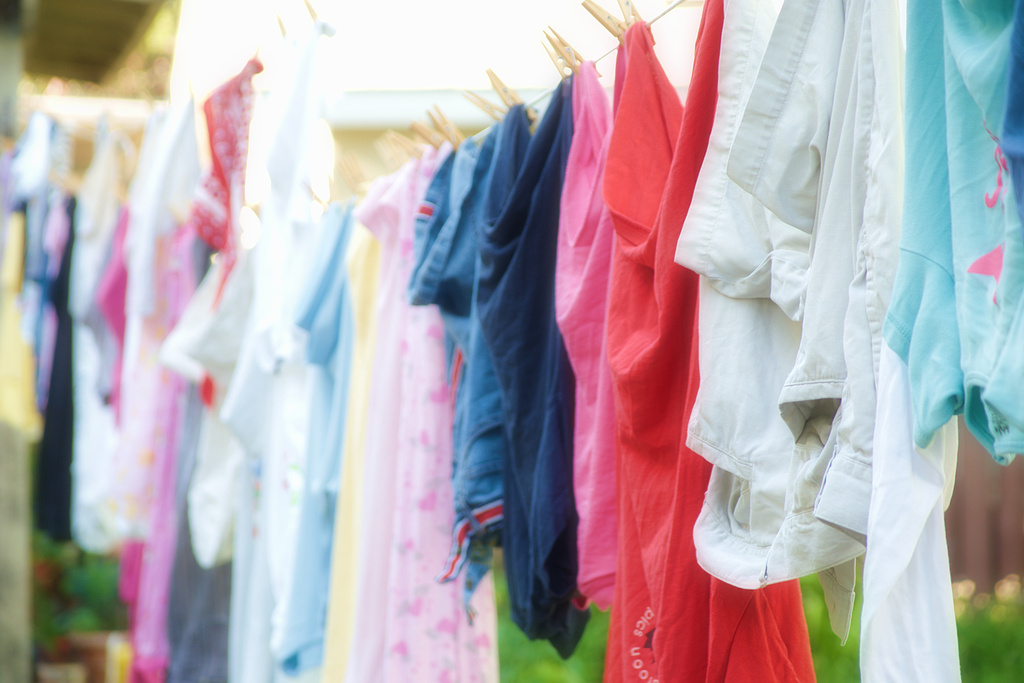 Image via Flickr by Bruce Guenter
Image via Flickr by Bruce Guenter
You turn off the lights when you leave a room, only run full loads in the dishwasher, and install CFL light bulbs on your lamps, yet your energy bills remain frighteningly high. Problems like energy leaks, worn-out HVAC systems, and bad habits combine to create energy bills that are higher than you want. A few simple fixes will help your household cut its energy consumption.
Your Home Has Energy Leaks
Lots of tiny air leaks exist in the average home. The most obvious exist around doors and windows, but plumbing, electrical outlets, and even bad insulation provide escapes for temperature-controlled air. The more of these leaks your home has, the harder your heating and cooling system has to work to keep your internal temperature consistent.
Check your windows and doors for obvious gaps. Weather-stripping will help seal those gaps so your heated and cooled air can’t get out. To discover other energy leaks, book a professional energy technician for a home energy audit. Technicians use infrared imaging, blower door tests, and old-fashioned inspections to find your home’s biggest energy-loss sources.
You Leave Electronics Plugged In
When you leave your electronics turned off or plugged in, they drain a tiny amount of power from your outlets. Called phantom energy, this phenomenon increases electronic energy usage by 15 percent or more. Having to plug and unplug your electronics is a chore, so invest in a simple solution. Plug everything into a power strip with an on/off switch. When you’re not watching TV, exercising, or using the computer, switch off the power strip to save energy.
Your HVAC System Needs a Repair
Your home’s HVAC system has a certain efficiency rating. That rating only applies, however, when your system is able to run at peak efficiency thanks to routine maintenance. As you run your heating and cooling system, parts wear out, filters get dirty, and the unit starts to slowly lose efficiency. Yearly professional maintenance is the best way to save money in the long-run, because a professional HVAC technician repairs all these tiny problems that add up to efficiency issues. It’s an easy job for you, because all you have to do is make a phone call and schedule an appointment.
You Wash and Dry Your Laundry on Hot
Most laundry doesn’t need hot water. Buy detergent formulated for cold water, and stop washing your clothing on hot. Make sure you’re only washing full loads, or at least adjusting the water levels for smaller loads. Pre-treat stained items instead of immediately sticking them in a washing machine full of hot water.
When it comes time for drying? Hang-dry your clothes! Unless they’re jeans, you won’t notice a big difference between clothes that have been line-dried and clothes that have gone in the dryer.
These simple changes don’t need much effort on your part, yet when you make them you’ll see your energy bills start to go down. Keep engaging in environmentally friendly practices at home, and ask the professionals who come over for maintenance to give you insider tips on reducing energy consumption!
